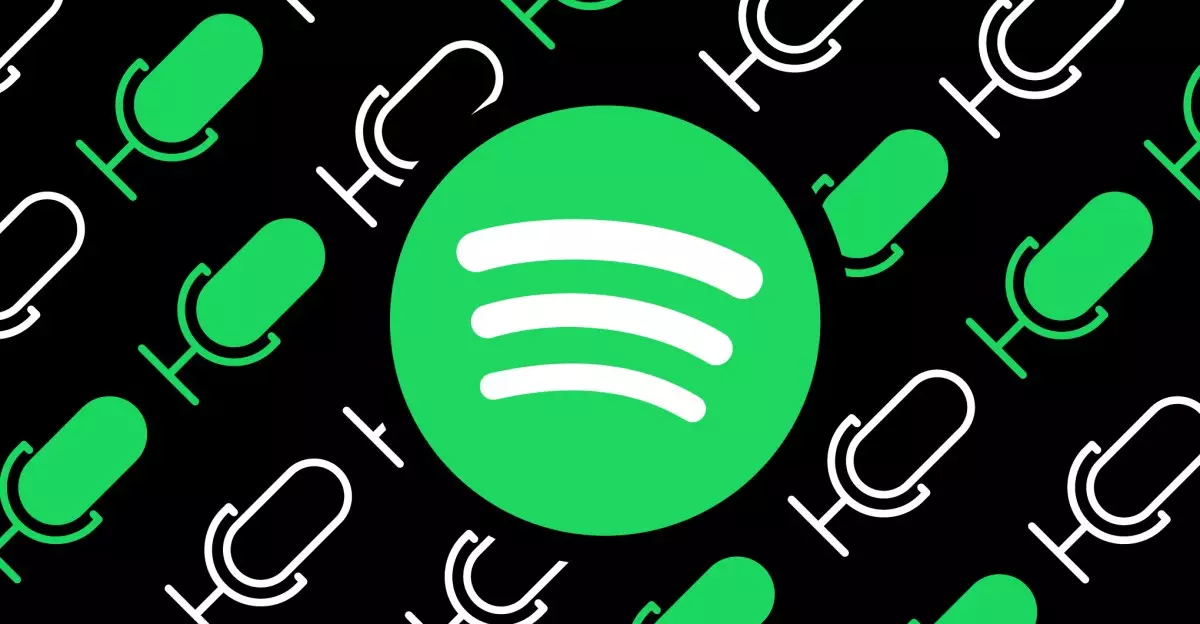Spotify’s recent maneuver to enable iPhone users to access audiobook pricing and purchase links through their app signifies a transformative shift in digital content consumption. With Spotify’s submission of an update to Apple, users could soon see a far more transparent model allowing them to buy audiobooks directly through external links. This move is crucial, as it not only enhances user experience but also promotes a more equitable playing field in the crowded digital marketplace.
Reaction to Legal Developments and Market Dynamics
The change comes in the wake of an important legal ruling from Judge Yvonne Gonzalez Rogers in the Epic Games v. Apple case. This ruling, which found Apple in “willful violation” of prior injunctions, ordered Apple to cease its hefty commissions on external purchases and discontinue its restrictions against developers linking to their sales channels. This ruling can be seen as a major stick to prod Apple into compliance and promote a healthier ecosystem for consumers and content creators alike.
Spotify’s ability to adapt and respond to this ruling not only shows its resilience but also highlights the shifting dynamics of power between developers and platform holders. By showcasing their commitment to a more transparent and user-friendly purchasing process, Spotify is raising the stakes for Apple, pressing for real change in how digital content is handled across platforms.
Challenges in the App Ecosystem
Historically, Spotify has struggled with Apple’s restrictive policies. Previously, the app refrained from displaying audiobook prices, opting for an indirect approach by emailing users links for purchases. The situation highlights a critical point of friction in the app ecosystem, where developers have often felt held hostage by a monopoly that restricts their autonomy and monetization strategies. Spotify’s shift to allowing direct purchases not only liberates its users from convoluted purchase pathways but also sets a precedent for other app developers looking to push back against such limiting policies.
A Future in Favor of Consumers and Creators Alike
This update is more than just a convenience; it is a watershed moment for all parties involved: authors, consumers, and developers. By presenting straightforward pricing and purchase options directly within the app, Spotify is not merely enhancing user satisfaction—it’s advocating for a structural overhaul that benefits the content creators whose works are being consumed.
Spotify asserts that this change will enable users to make informed decisions and purchase digital goods with fewer barriers. If Apple approves this update amid its ongoing appeal of the court ruling, it could potentially open the floodgates for other apps, including Kindle and Patreon, to follow suit in embracing a more connected purchasing experience.
Ultimately, Spotify is at the forefront of an inevitable evolution in how digital goods are sold and consumed. The company’s proactive stance is indeed commendable, as it seeks to secure a future where users, creators, and developers can thrive without the hindrance of draconian app store monopolies. The results of this ongoing battle could very well redefine the future landscape of not only audiobooks but the digital content marketplace in its entirety.

